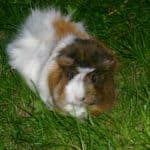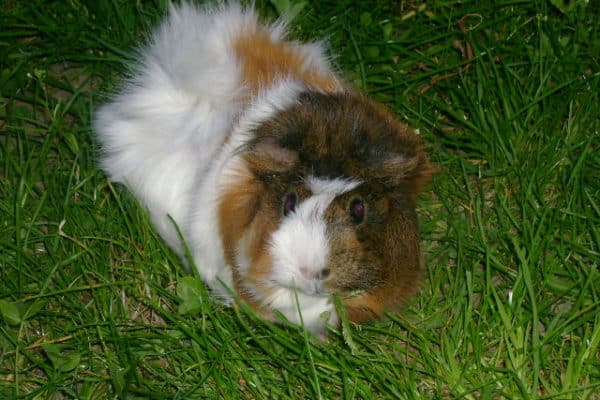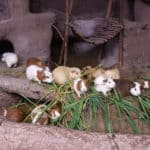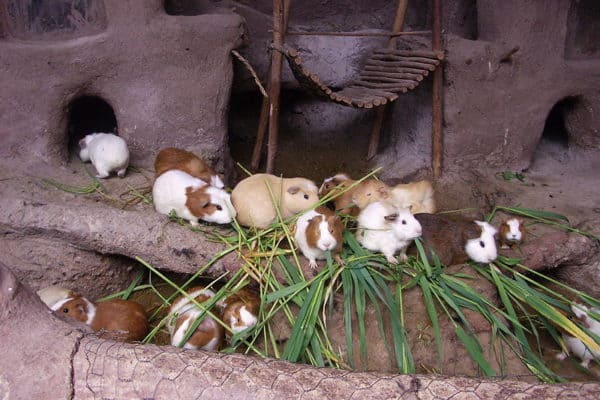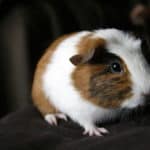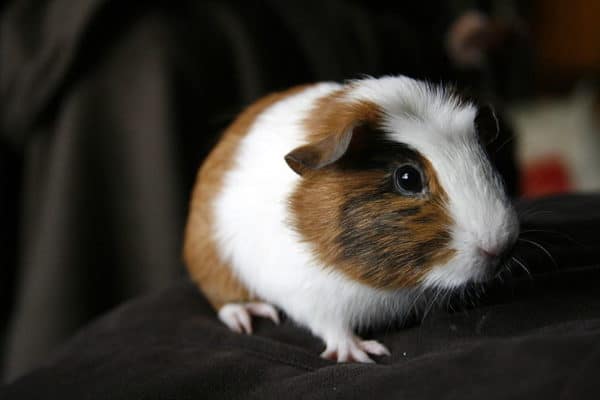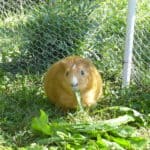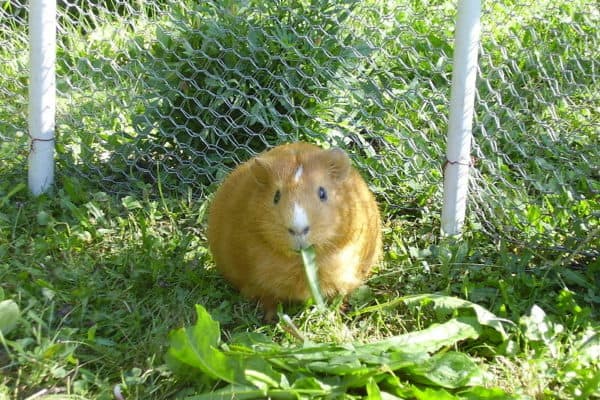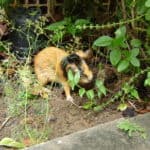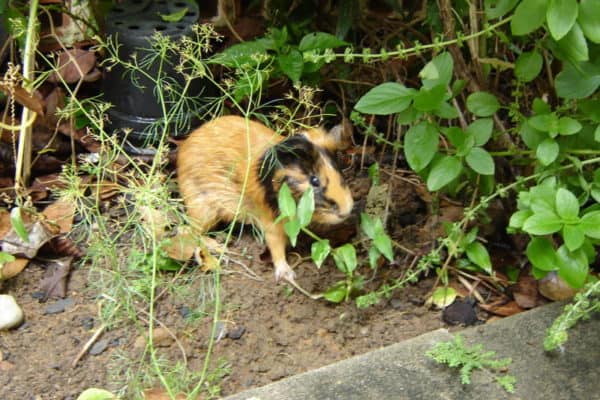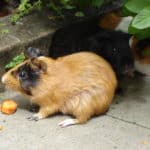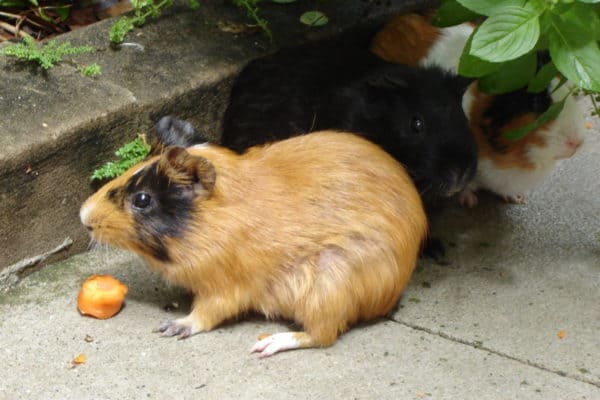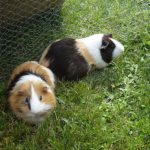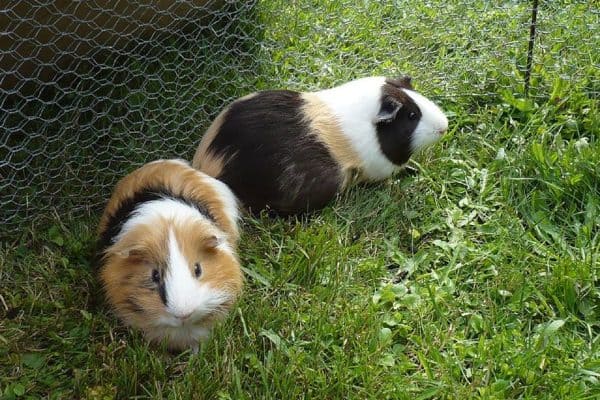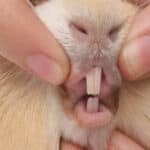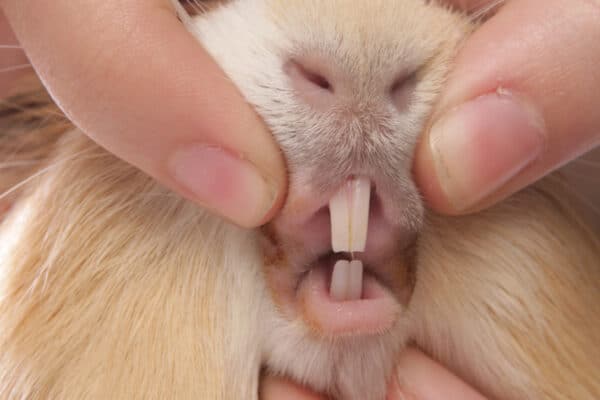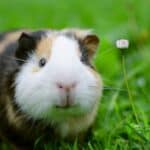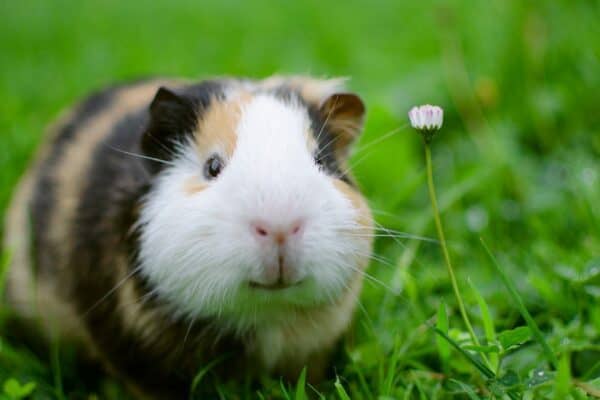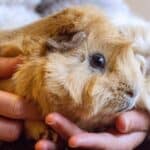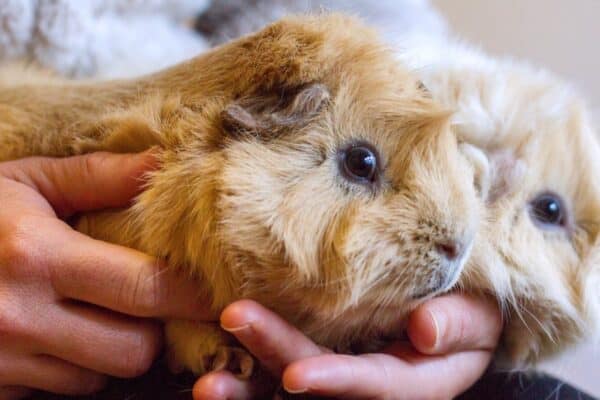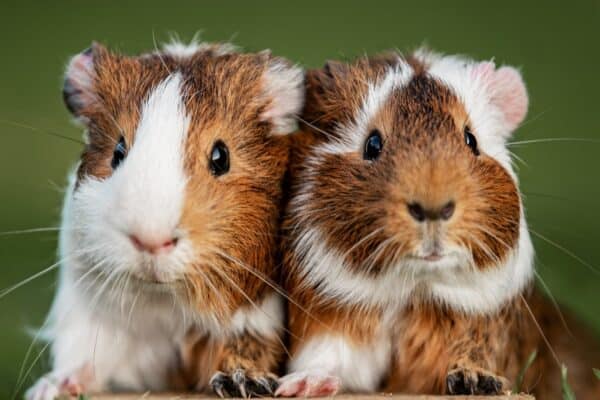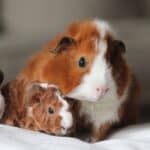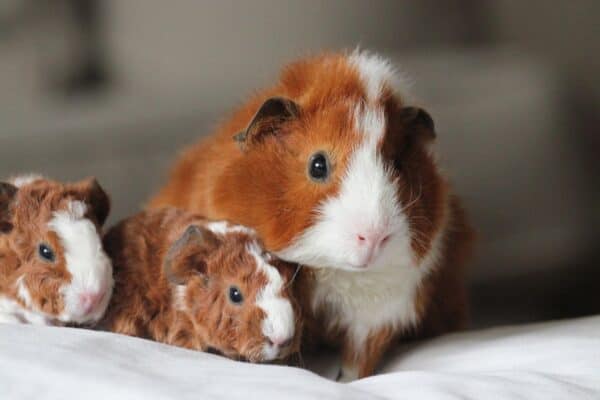Welcome to the Guinea Pig facts quiz! If you’re a fan of these cute and cuddly creatures, then this quiz is for you. Guinea Pigs are beloved pets for their affectionate and social nature.
But, how much do you really know about them? From their dietary needs to their unique characteristics, this quiz will test your knowledge of all things Guinea pigs.
So, let’s put your skills to the test and see just how much you know about these adorable rodents. Good luck!
Diet and Nutrition: Best Foods for Guinea Pigs
As herbivores, Guinea Pigs have a unique digestive system that requires a well-balanced diet of hay, fresh vegetables, and pellets. It is essential to understand the dietary needs of your pet to ensure they are receiving the necessary nutrients for a happy and healthy life.
Hay should make up the majority of a guinea pig’s diet, as it provides important fiber and aids in digestion. Timothy hay is a popular choice, but other options such as oat, alfalfa, and brome are also suitable. Fresh vegetables such as leafy greens, carrots, bell peppers, and peas should be offered daily in small quantities.
Pellets should make up a small portion of the diet and should be specifically formulated for guinea pigs. Avoid feeding your pet seed-based diets, as they are high in fat and can lead to obesity.
It is also important to note that guinea pigs need a constant supply of fresh water and vitamin C. Fresh water should always be available, and vitamin C can be provided through supplements or by offering fresh citrus fruits.
Furthermore, a well-balanced diet of hay, fresh vegetables, and pellets is essential for the health and well-being of your guinea pig. Regular visits to a veterinarian and monitoring of your pet’s weight and dietary habits can also ensure they are receiving the proper nutrition.
By providing your pet with the best food options, you can ensure they live a long and happy life as a beloved member of your family.
Habitat and Housing for Guinea Pigs
When it comes to housing, guinea pigs need plenty of space to move around and play. A cage that is at least 7.5 square feet per guinea pig is the minimum recommended size, and larger is always better. Guinea pigs are active creatures and need room to run, jump, and play.
The cage should be made of safe, non-toxic materials and have a solid bottom, as wire floors can cause discomfort and injury to your pet’s feet. A comfortable bedding material, such as aspen shavings or recycled paper products, should be added to the bottom of the cage to provide insulation and absorb waste.
In addition to their cage, guinea pigs also benefit from time outside of their habitat for exercise and play. Regular playtime in a safe and supervised area allows your pet to stretch its legs and interact with its environment.
When selecting a cage, it is also important to consider the location. Guinea pigs are social creatures and do best in quiet areas with limited exposure to direct sunlight and extreme temperatures.
Maintaining a clean and comfortable habitat is essential for the health and happiness of your guinea pig. Clean the cage regularly, provide fresh bedding and water daily, and consider adding toys and hiding spaces for enrichment.
Social Behavior for Guinea Pigs
Guinea pigs are social creatures and thrive in the company of others. They are most commonly kept in pairs or small groups, and it is recommended to keep at least two guinea pigs together to provide social stimulation and prevent loneliness.
Guinea pigs have unique personalities and form strong bonds with their companions. They enjoy cuddling and grooming each other and often make a variety of vocalizations to communicate and express their emotions.
It is important to introduce new guinea pigs slowly and under close supervision to ensure they are compatible and can form a strong bond. Introducing new guinea pigs too quickly or in an aggressive manner can lead to fights and lasting damage to their social structure.
In addition to the social benefits, housing multiple guinea pigs also provide for increased exercise and play opportunities, and can prevent obesity and other health issues that can occur from lack of stimulation.
Finally, guinea pigs are social animals and benefit greatly from living in the company of others. Introducing new guinea pigs slowly and under close supervision, as well as providing plenty of opportunities for play and exercise, can ensure your pets form strong bonds and live happy and healthy lives.
Interesting Related Articles:
Check out some of this content:



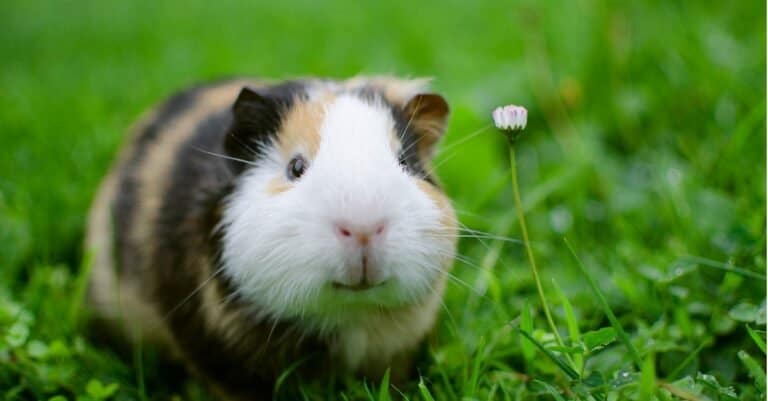
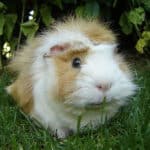
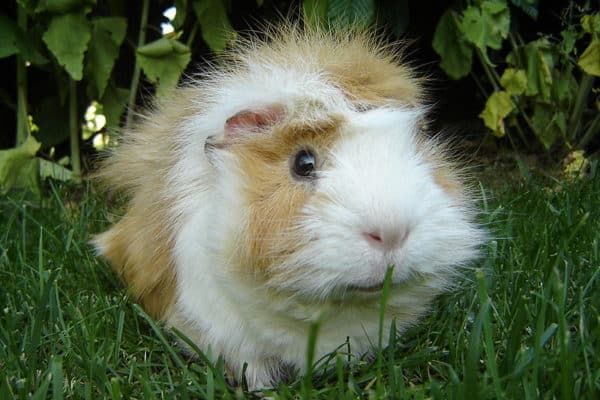
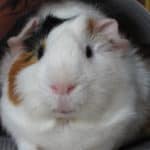
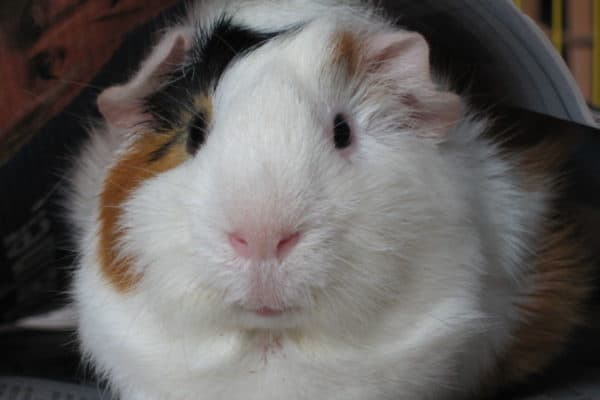
 selbst – Public Domain
selbst – Public Domain